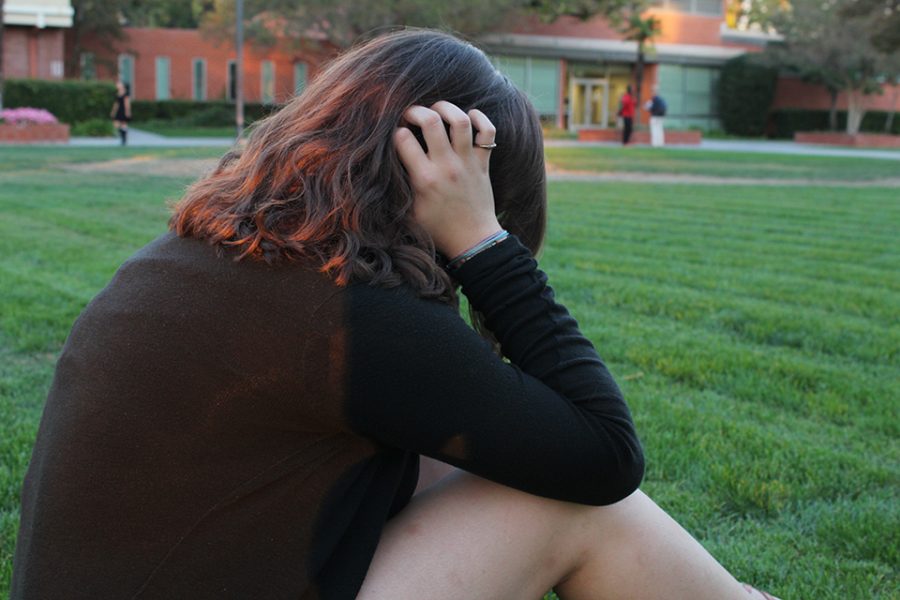Divorce your stereotypes
Children separate fact from truth.
November 8, 2017
My sophomore year of college I read “Separating” by John Updike. It is the story of two parents who tell their children they are, as the title suggests, going to divorce. It was the first time I gave any thought to my parents’ divorce. They separated right before I was born and divorced shortly after, yet I related deeply with the anger in the story. I always found it too difficult and too painful to think about divorce or “broken” families, so, instead of dealing with their divorce and acknowledging that my father’s absence hurt me, I ignored the problem.
ONCE IN LOVE
Growing up, I knew three things about my dad: he left, moved to Texas and we were better off for it. I distinctly remember the pride I felt in knowing we were doing just fine without him. I also remember a feeling I could not quite describe when I saw my friends’ strong bonds with their fathers. Their relationships always seemed so foreign to me.
Reading “Separating,” it dawned on me that I never witnessed my parent’s marriage. I have never known what their marriage was like because I never asked. Other than the few times my father called me and told me he still loved my mother, I did not realize—at one point, they loved each other.
Years ago, I heard a woman from my church recommend a book to my mother about divorce’s effect on children. My mother waved it off. She forgot about it, but later I looked the book up. I read “facts” about myself and found them belittling. I found out that I am, by definition, a “product of divorce.” Articles like “13 Ways Children of Divorce Deal Differently with Love” and “14 Hidden Truths About Being a Child of Divorce” were all over blogs and sites like Focus on the Family, which I knew my mother read.
MISSING THE POINT
According to the sites and blogs, people around children of divorce find them hard to love. They are heavily guarded, unable to let others in, incapable of forming strong relationships and do not trust men. “Products of divorce” are terrified of abandonment and do not know how to love properly. Though some of these things might prove true for me, I found these articles trivialized what it is actually like to have divorced parents. These articles claim to know who we are, but they missed the point entirely. I do not claim the label “product of divorce.” It is not what I want to use as an excuse for a failed relationship. It is not what I want to tell myself when I have a hard time letting someone in. It is not the way I want to justify my fear of letting others down.
A “product of divorce” is not what I want others to think of when they look at me. I am more than a dissertation. We are more than “products of divorce.”







